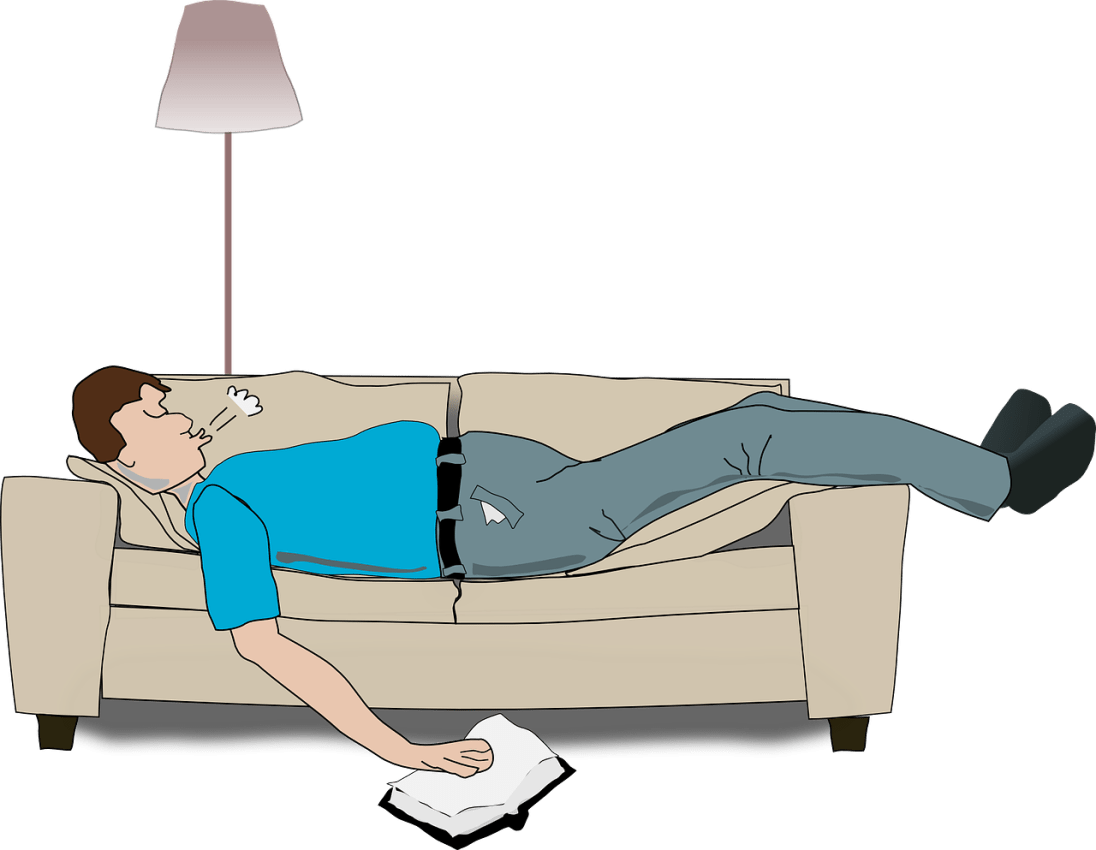Sleep apnea is a common, serious sleep disorder in which your breathing is frequently interrupted while you’re asleep. It can have wide-ranging effects on your physical and mental health, but many people don’t know much about it. Here are six important facts about sleep apnea that you may not be aware of.
Severe Apnea Can Lead to Accidents
People with untreated, severe sleep apnea can be more prone to drowsy driving and other types of accidents and injuries. For instance, truck drivers with sleep apnea are more likely to have motor vehicle accidents than those without sleep apnea. You can get a lawyer if you feel you have been in an accident caused by someone else’s sleep apnea. It’s important that if you or someone you know is suffering from sleep apnea, they get the treatment they need.
The long-term consequences of untreated sleep apnea can be serious and even deadly, so it’s important to get a diagnosis and treatment as soon as possible. The good news is that most people find relief from their symptoms with the proper treatments, such as CPAP therapy or oral appliances such as a mouth guard for snoring and grinding. So don’t delay in seeking help if you think you may have sleep apnea.
There are Two Types of Sleep Apnea
Although there is only one type of sleep apnea diagnosis, there are two different types. Obstructive sleep apnea (OSA) is the most common form and occurs when the muscles in your throat relax to the point where they block your airway. Central sleep apnea (CSA) occurs when your brain doesn’t send the right signals to your muscles to keep your airway open while you sleep.
Some people have both types of sleep apnea, known as complex or mixed sleep apnea. It’s important to be aware of this if you are having trouble sleeping so that your doctor can properly diagnose you and work with you to develop an effective treatment plan.
Sleep Apnea Can Cause Memory Problems
Many people aren’t aware that sleep apnea can cause memory problems. The interruptions in breathing caused by sleep apnea deprive the brain of much-needed oxygen, leading to symptoms such as difficulty concentrating, forgetfulness, and decreased mental alertness. While this type of memory loss is usually temporary, it can still be detrimental to a person’s quality of life and overall well-being.
If you or someone you love suffers from sleep apnea, then it is important that the condition be treated as soon as possible. Treating sleep apnea may not only help reduce its disruptive symptoms, but it may also help improve memory and cognitive function.
Occur at Any Age, Even in Infants
Sleep apnea is often thought of as a disorder that affects only adults, but this isn’t true. Sleep apnea can occur in babies and children, too. In fact, it is estimated that between two to four percent of all children suffer from some form of sleep-disordered breathing.
If you think your child may have sleep apnea, it is important to take them to the doctor for a proper diagnosis. There are treatments available that can help your child get the restful sleep they need for healthy development. So if you suspect your child has sleep apnea, don’t hesitate to get them the help they need.
Additionally, it is important to note that adults can also develop sleep apnea at any age, even into their senior years.
It is Often Undiagnosed
Unfortunately, sleep apnea is often undiagnosed. This can be for a variety of reasons, from not recognizing the signs and symptoms to not wanting to seek medical attention. Additionally, many people may think that snoring is just an annoying habit rather than a sign of a more serious medical condition.
If you or someone you know is exhibiting signs of sleep apnea, such as loud snoring or difficulty staying asleep, it’s important to get a proper diagnosis. Sleep apnea can have serious consequences if left untreated, so don’t hesitate to talk to your doctor about getting tested.
You Can Reduce Your Risk of Sleep Apnea
Image Source: https://pixabay.com/photos/white-sheet-bed-room-people-girl-2565766/
While not everyone with sleep apnea can avoid it altogether, there are steps you can take to reduce your risk. For instance, avoiding alcohol and cigarettes can help reduce your risk of developing sleep apnea. Additionally, maintaining a healthy weight and exercising regularly are linked to a decreased risk for the disorder.
Lastly, sleeping on your side or stomach can also reduce the risk of developing sleep apnea. While these lifestyle modifications may not completely eliminate your risk, they can certainly help reduce it. So if you’re at risk for sleep apnea, make healthy changes to protect your overall health and quality of life.
In conclusion, sleep apnea is a serious medical condition that can have far-reaching consequences if left untreated. While it cannot always be avoided, there are steps you can take to reduce your risk and ensure that you get the restful sleep your body needs for optimal health. Remember, if you think you or someone you know may be exhibiting signs of sleep apnea, speak to a doctor and get tested.



